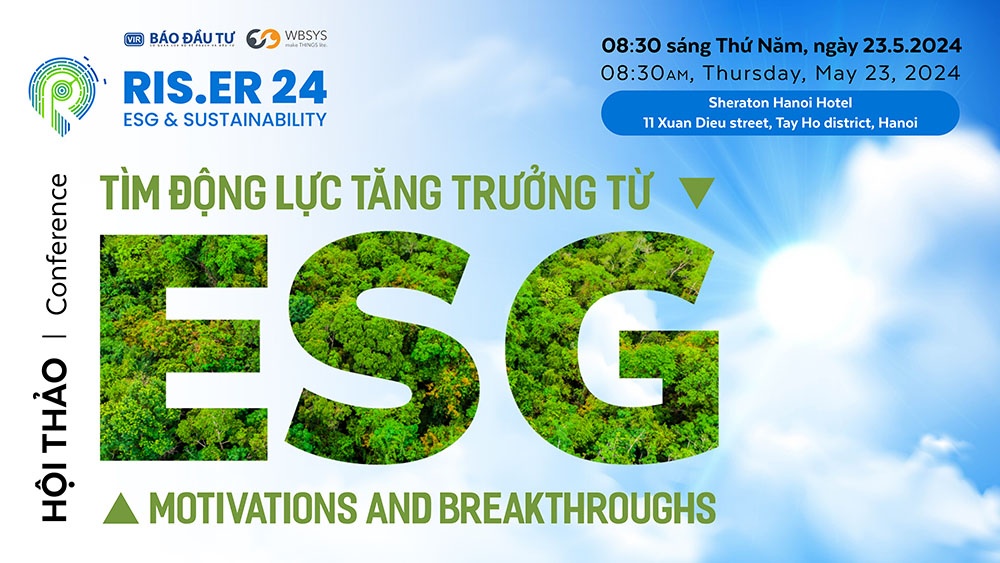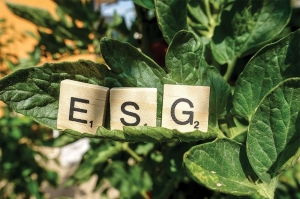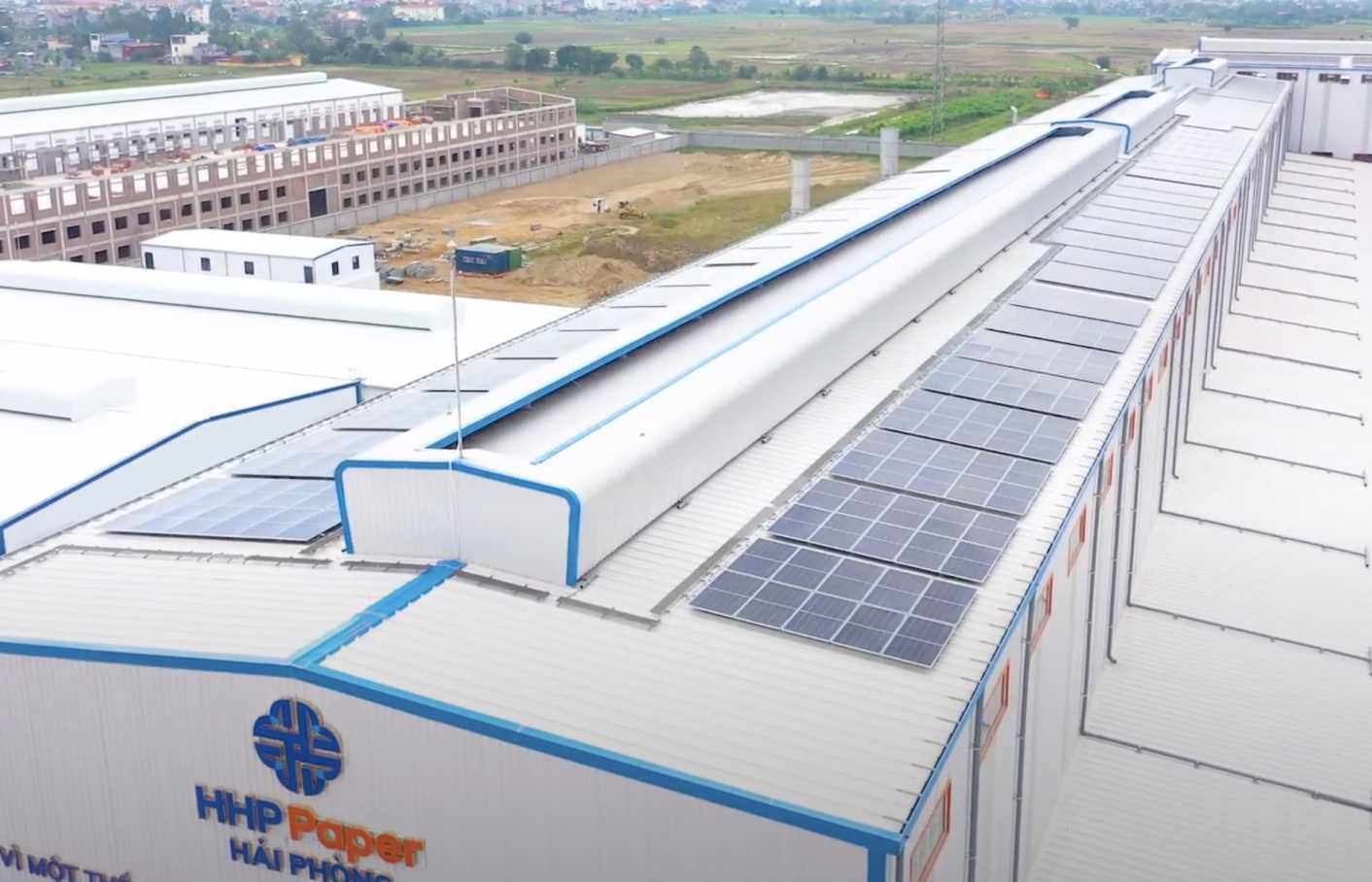ESG poses challenges for Vietnamese businesses in global trade expansion
While it may still be relatively unfamiliar to many Vietnamese businesses, major markets around the world have started implementing policies to make ESG a mandatory compliance standard for companies.
 |
Starting from 2022, companies with over 500 employees in the United Kingdom are obligated to report on ESG issues under the Sustainable Disclosure Requirements (SDR), as reported by Reuters.
Notably, Germany has also passed the Supply Chain Due Diligence Act, which requires large companies to adhere to criteria related to environmental, social, and governance aspects of their supply chain operations. Companies found to be non-compliant may face fines, or more significantly, suppliers may be excluded from the supply chain if violations occur.
In January 2023, the European Union (EU) officially announced the Corporate Sustainability Reporting Directive, which will be effective across the entire region and could impact approximately 50,000 large entities listed in the EU.
In the United States, while there are no specific regulations regarding ESG or sustainable development, there are regulations targeting human rights violations and human trafficking. The US Securities and Exchange Commission has also been drafting rules that require companies to provide information on environmental and climate change matters.
Vietnam cannot stand outside the current trend where major markets like the EU and the US are applying ESG standards in global production and trade.
Over two-thirds of trade experts participating in the Reuters survey stated that they always consider ESG issues before deciding to collaborate with suppliers.
Amidst the restructuring of the global supply chain, Vietnam has emerged as one of the countries with significant opportunities for breakthroughs, thanks to its strengths in resources and human capital.
Vietnamese businesses must recognise the regulations related to ESG if they wish to continue participating in major markets; otherwise they may lose the potential for integration into the global value chain. Companies that meet ESG standards also increase their opportunities to access long-term investment capital, thereby establishing long-lasting partnerships.
At COP 28, theVietnamese government reaffirmed its commitment to achieving net zero by 2050. Vietnam has also approved a national green growth strategy, seeking to engage domestic businesses in sustainable development.
According to the ESG report published by PwC in 2022, the readiness level of Vietnamese businesses is promising. The report indicates that 80 per cent of surveyed companies have plans to commit to ESG within the next two to four years.
The main reasons for this can be attributed to three key drivers: complying with local regulations, enhancing the value of businesses, and minimizing reputation-related risks. Many ESG criteria related to the supply chain, such as carbon emissions, labour rights, anti-corruption measures, and sustainable supplies, require trade experts to engage in company ESG initiatives.
The Reuters report also indicates that over half of the surveyed companies are collecting data on health and safety (54 per cent), labour practices within the company (51 per cent), supplier ethical business conduct (48 per cent), and carbon emissions (47 per cent)
Therefore, it is crucial for Vietnamese businesses to quickly integrate ESG into their sustainable development strategies, turning ESG into a driving force for growth, enhancing their competitive capabilities when participating in the global trade flow.
| The RIS.ER 24 conference themed “ESG – Motivations & Breakthroughs” will take place on May 23 in Hanoi, organised by Worldbasesys (WBS) Co., Ltd in collaboration with Vietnam Investment Review. The conference will be attended by representatives from various ministries and agencies, as well as trade representatives from Asia and America. It will also include representatives from corporations, businesses, domestic and international investors, and media agencies. The event promises to provide in-depth and detailed discussions on ESG and the potential of its compliance for attracting green capital and global trade. |
What the stars mean:
★ Poor ★ ★ Promising ★★★ Good ★★★★ Very good ★★★★★ Exceptional
Related Contents
Latest News
More News
- Vingroup consults on carbon credits for electric vehicle charging network (January 28, 2026 | 11:04)
- Bac Ai Pumped Storage Hydropower Plant to enter peak construction phase (January 27, 2026 | 08:00)
- ASEAN could scale up sustainable aviation fuel by 2050 (January 24, 2026 | 10:19)
- 64,000 hectares of sea allocated for offshore wind surveys (January 22, 2026 | 20:23)
- EVN secures financing for Quang Trach II LNG power plant (January 17, 2026 | 15:55)
- PC1 teams up with DENZAI on regional wind projects (January 16, 2026 | 21:18)
- Innovation and ESG practices drive green transition in the digital era (January 16, 2026 | 16:51)
- Bac Ai hydropower works stay on track despite holiday period (January 16, 2026 | 16:19)
- Fugro extends MoU with PTSC G&S to support offshore wind growth (January 14, 2026 | 15:59)
- Pacifico Energy starts commercial operations at Sunpro Wind Farm in Mekong Delta (January 12, 2026 | 14:01)






 Tag:
Tag:




















 Mobile Version
Mobile Version